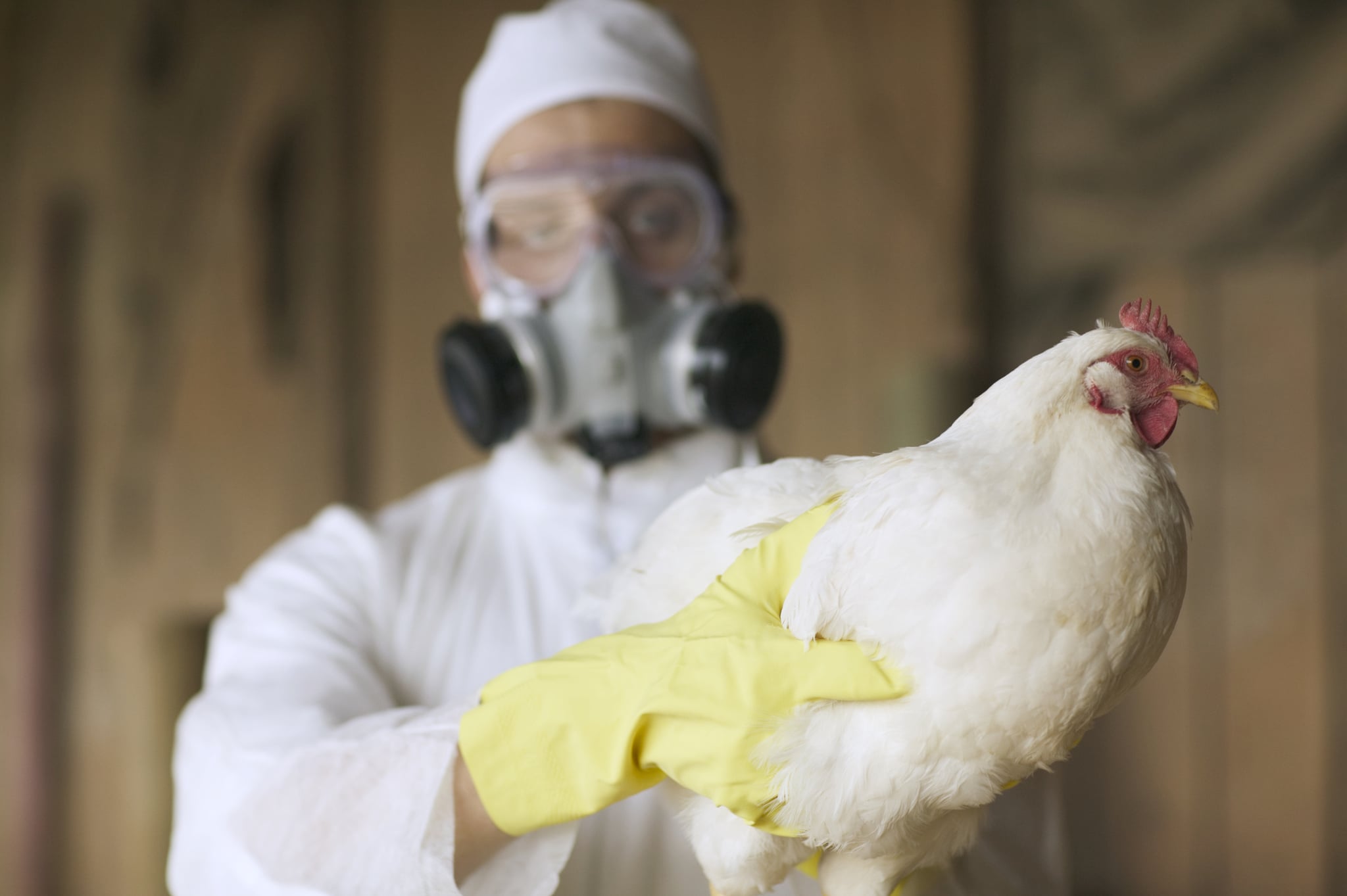
As if RSV and COVID (still) weren’t enough, there’s been another quick-spreading disease in the United States. Bird flu, or avian influenza, has killed more than 50.54 million US birds, according to the US Department of Agriculture (USDA), making it the worst avian flu outbreak in US history. It is also the worst animal disaster to hit this country, Reuters reported, and it doesn’t seem to be leaving anytime soon.
The outbreak is not only driving a spike in the price of eggs (doubling US retail egg costs in a year, per the Bureau of Labor Statistics), but the lack of supply will also lead to an increase in cost for seasonal dishes like the traditional holiday turkey, further exacerbating the food inflation.
It also means long-term impacts to animal health. Avian flu predominantly impacts wild birds (especially waterfowl) and poultry (e.g. chickens, turkeys, pheasants, quail, domestic ducks, geese, and guinea fowl), according to the USDA. Direct exposure of farmed birds to wild birds (which are permanently infected) is a likely transmission route of the virus, according to the World Organization for Animal Health. With consumers increasingly choosing free-range products — birds allowed time to roam instead of being cooped up inside — it heightens the risk of meeting infected wildlife, per Fortune.
While humans are not typically infected by the virus, experts say we should be aware of a few key pieces of information about this type of flu:
What Is Bird Flu?
“Avian influenza or bird flu refers to the disease caused by infection with avian (bird) influenza (flu) Type A viruses,” according to the CDC.
Bird flu is deadly and contagious, and it naturally spreads “among wild aquatic birds worldwide and can infect domestic poultry and other bird and animal species,” per the CDC. The virus is transmitted through bird saliva, nasal secretions, and feces. Birds can also become infected if they make contact with a surface that’s been contaminated with the virus from another infected bird.
Can Humans Get Bird Flu?
Infectious disease expert Amesh Adalja, MD, a senior scholar at the Johns Hopkins Center For Health Security, tells POPSUGAR, “There is no current threat from bird flu to humans.”
However, there have been a few instances in world history in which the virus spread among humans. “The concern is that some strains of avian influenza will have or develop the capacity to spread efficiently between humans in the manner of the 1918 H1N1 influenza pandemic, which was an avian-origin influenza virus,” Dr. Adalja says. An estimated 500 million people, or one-third of the world’s population, became infected with the virus and roughly 50 million people worldwide died from it, per the CDC. In April 2022, the US reported its first human case of bird flu, according to NBC News.
Still, Dr. Adalja notes that when it comes to bird flu, “most of the strains are very constrained in their ability to infect humans, and infections are largely restricted to those who have close contact with bird species such as poultry.”
What Are Bird Flu Symptoms in Chickens and Other Birds?
If you’re concerned that your bird or flock has been impacted by avian flu, here are a few signs you should look out for, according to the Department of Labor’s Occupational Safety and Health Administration (OSHA):
- Lack of energy, appetite, and coordination
- Purple discoloration or swelling of various body parts
- Diarrhea
- Nasal discharge
- Coughing
- Sneezing
- Reduced egg production and/or soft-shelled or misshapen eggs
- Sudden death
Are There Signs of Bird Flu in Humans?
Again, the risk of humans being infected with bird flu remains low. But symptoms in humans can run the gamut from red eyes or mild flulike upper-respiratory symptoms to fever, shortness of breath, body aches, and even pneumonia, per the CDC.
If you’ve come in contact with infected birds and become sick within 10 days of exposure, the CDC advises that you isolate at home and notify the local or state health department. Lab testing is needed to confirm a diagnosis. Treatment typically includes antiviral medicine, such as oseltamivir (Tamiflu) or zanamivir (Relenza), according to the Mayo Clinic.
The best prevention method against bird flu is to avoid exposure altogether. A few preventative suggestions from the CDC include:
- Avoid direct contact with wild birds, and observe them from a distance.
- Avoid unprotected contact with domestic birds that look sick or have died.
- Do not touch surfaces that may be contaminated with saliva, mucous, or feces from wild or domestic birds.
- If you must handle sick birds because of your job, use safety measures like gloves, eye protection, and frequent hand-washing.
Should You Stop Eating Poultry and Eggs?
No. “This is not something transmitted by ingestion of poultry or eggs,” Dr. Adalja says. Avian influenza is not a food-borne illness, meaning poultry and eggs that are properly prepared and cooked are safe to eat, per the USDA. Proper food-handling recommendations include cooking poultry to an internal temperature of 165°F and washing your hands with warm water and soap before and after handling poultry and eggs.
Another downside to this outbreak? While eating these foods may not be a problem, buying them could cost you. Demand for poultry is increasing for the holiday season but the supply is not available — so it’s time to think outside the turkey-size box. Also, “Eggs now average $2.88 per dozen, up 52% since the first confirmed case of avian influenza in February, the highest since the start of the pandemic in March 2020,” according to an ABC News report in April 2022. In September 2022, a CoBank report noted that prices were likely to remain high.
